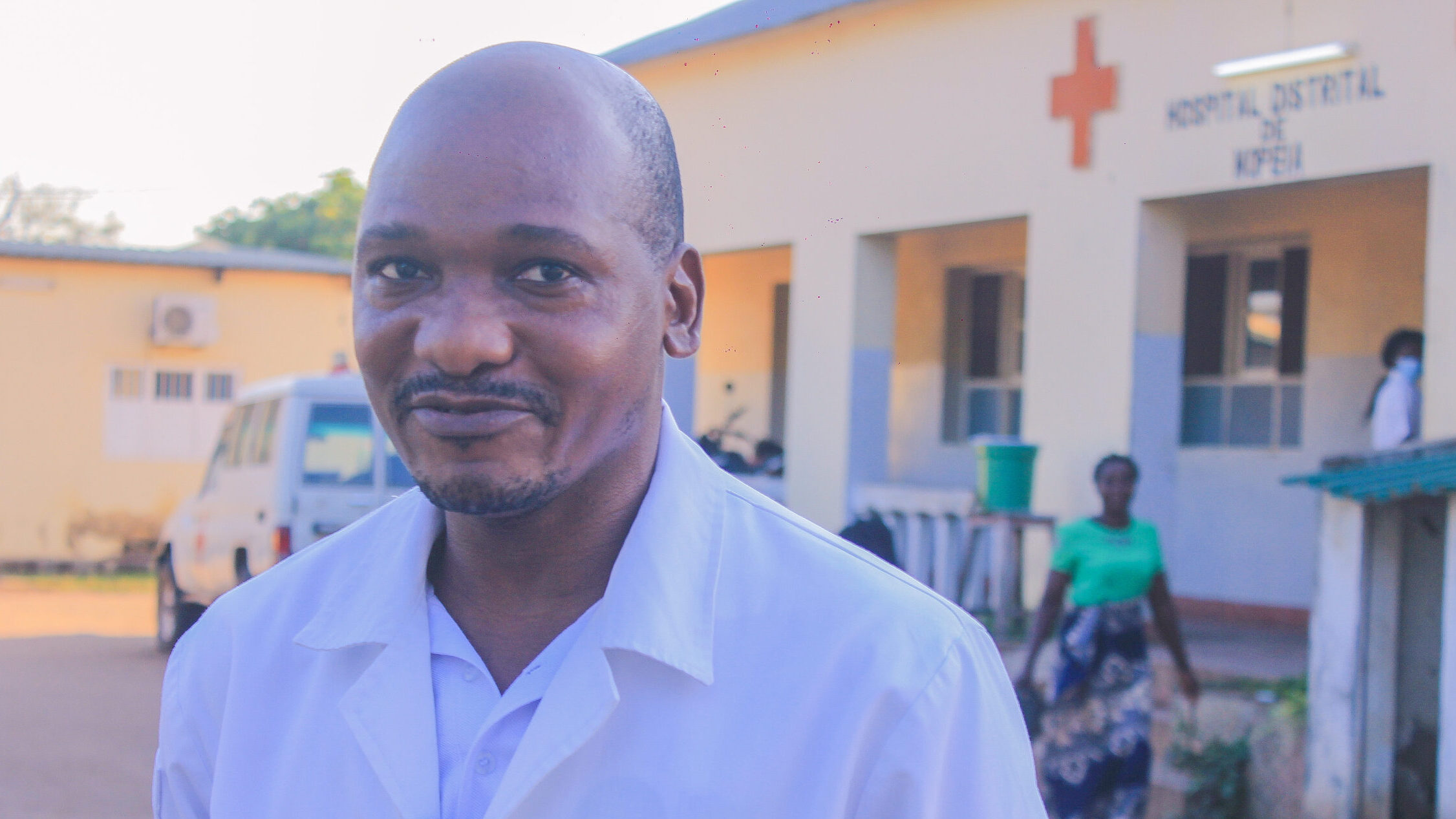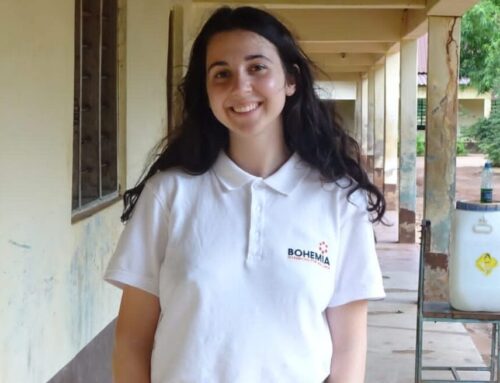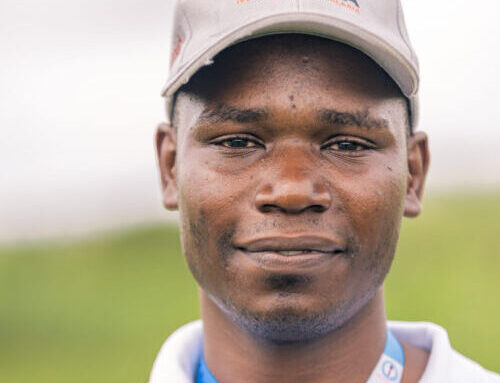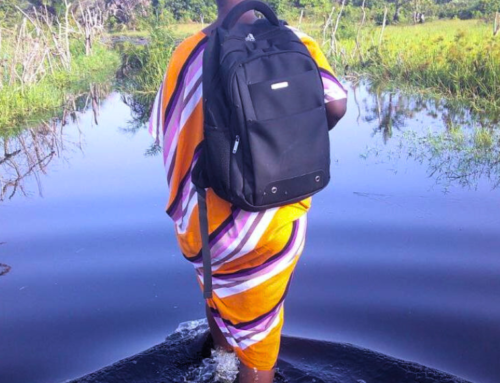Interview with Dr Antonio Makucha, Study Physician, BOHEMIA project in Mozambique

Tell us about your background and your role in the BOHEMIA project
I have dedicated the last 15 years of my life to the medical field in Mozambique, serving in various capacities such as hospital director, emergency room physician and occupational medicine doctor. I joined the BOHEMIA project in the Mopeia district of Mozambique as a study physician to ensure the safety of the participants in this malaria trial.
In addition to my role as a study physician, I am assisting at the Mopeia Hospital, supporting the local health system with outpatient consultations and also in the emergency room. This allows me to combine my two passions of treating sick people and implementing malaria research.
As a doctor based in a high malaria transmission region, could you share your experience of treating this disease?
Malaria has a stark presence in Mozambique and is one of the biggest challenges for the public health system. Every day we encounter several cases of the disease, sometimes mild and other times, severe. For any doctor in the Zambezia region, confronting malaria is inevitable. Witnessing the devastation of malaria daily, motivates me to continue dedicating my career to advancing against this preventable and treatable disease.
Every day we encounter several cases of the disease, sometimes mild and other times, severe.
Moreover, the trial site, Mopeia, faces many health challenges. Communities are distributed across vast areas and it is difficult for them to access health centres easily and vice versa. The nearest hospital is 60 km away in Morrumbala or 200 km away in Quelimane, the only places where surgical interventions can be performed.
What do you find unique about BOHEMIA’s approach to vector control?
What I find truly unique about the BOHEMIA project is its comprehensive approach to vector control, integrating various disciplines and sectors. Moreover, in Mozambique, the project embraced the One Health concept, recognising the interconnectedness between humans, animals and the environment. By understanding these dynamics, the study can propose vector control strategies that consider aspects such as the changing behaviours of mosquito populations and the growing risk of resistance to current vector control methods.
What do you think we need for a malaria-free Mozambique?
Achieving a malaria-free Mozambique needs a concerted effort from all sectors of society. We need to recognise the malaria is not just a health issue, it affects our communities in socio-economic ways. It is also important that malaria control and elimination is driven by affected communities. We need to empower them and provide the resources and knowledge necessary for malaria prevention.
It is also important that malaria control and elimination is driven by affected communities. We need to empower them and provide the resources and knowledge necessary for malaria prevention.
Finally, we need our public health policies to be grounded in robust evidence from scientific research, such as this findings from the BOHEMIA project and others. Only then can we tailor our interventions to the needs and operational contexts.






